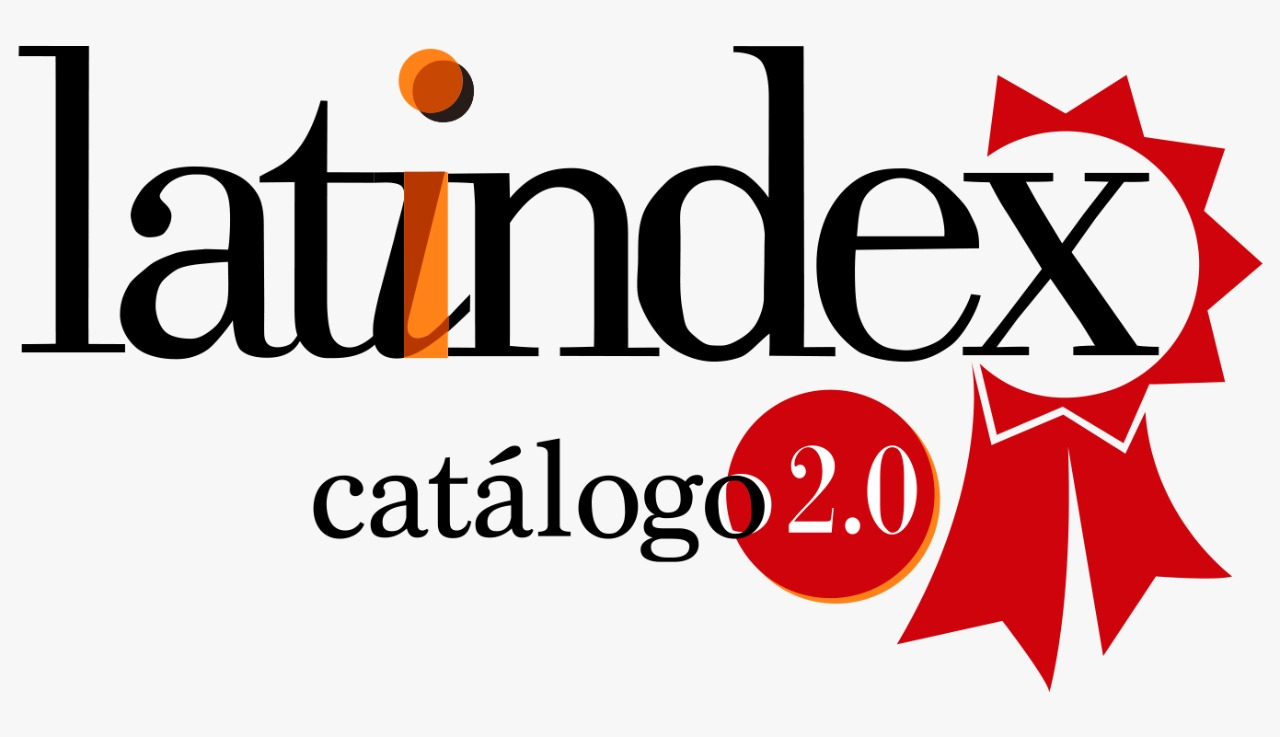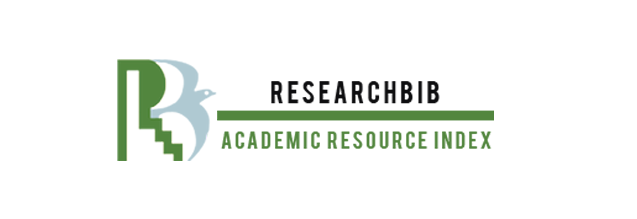A revolução azul das mulheres - Igualdade de gênero na aquicultura
DOI:
https://doi.org/10.36812/pag.2018241/232-36Palavras-chave:
Aquicultura, Gênero, MulheresResumo
The permanent rapid spread and evolution of aquaculture is called the blue revolution (KRAUSE et al.,
2014). The blue revolution which brings adequacy requirements for best practices regarding environmental and
social practices, sustainable business and work safety (LEE, 2015), nevertheless gender issues were not
addressed. Even in small-scale, women work is frequently unrecognized, under or unpaid (WILLIAMS et al.,
2010). The aquaculture industry, as well as the academic world related to this activity, has been traditionally
dominated by men (ARENSBERGEN et al., 2012 ).
Downloads
Referências
ARENSBERGEN, P.; WEIJDEN, I.; BESSELAAR, P. Gender differences in scientific productivity: a persisting phenomenon? Scientometrics, vol. 93, p. 857-868, 2012 DOI: https://doi.org/10.1007/s11192-012-0712-y
BENNET, E. Gender, fisheries and development. Marine Policy, vol. 29, p. 451–459, 2005. DOI: https://doi.org/10.1016/j.marpol.2004.07.003
CHOUDHURY, A., McDOUGALL, C. Women’s empowerment in aquaculture: case studies from Bangladesh. Presentation at GAF 6 - Engendering Security in Fisheries and Aquaculture. 3 - 7 August 2016. Bangladesh. Access: << https://genderaquafish.files.wordpress.com/2016/06/31_choudhury.pdf >>
FAO. Food and Agriculture Organization of the United Nations. Measuring the contribution of small-scale aquaculture. FAO Fisheries and Aquaculture Tecnhical Paper 534. Rome, 2009. 195 pp.
FAO. Food and Agriculture Organization of the United Nations. FAO POLICY ON GENDER EQUALITY - Attaining Food Security Goals in Agriculture and Rural Development. Rome, 2013. 32 p.
FAO. Food and Agriculture Organization of the United Nations. Voluntary Guidelines for Securing Sustainable Small-Scale Fisheries in the Context of Food Security and Poverty Eradication. Rome, 2015. 34pp.
FAO. Food and Agriculture Organization of the United Nations. El Rol de la Mujer en la Pesca y la Acuicultura en Chile, Colombia, Paraguay y Perú. Integración, Sistematización y Análisis de Estudios Nacionales Informe Final. Santiago de Chile, 2016. 38pp.
FAO. Food and Agriculture Organization of the United Nations. The State of World Fisheries and Aquaculture 2018 - Meeting the sustainable development goals. Rome, 2018. 227 p.
GAMMAGE, S. The tattered net of statistics. In: KUMAR, K. G. Gender Agenda - Women in Fisheries: a Collection of Articles from SAMUDRA Report. Published by International Collective in Support of Fishworkers (ICSF), India, p. 36–40. 2004.
GUERTLER C. Fatores de risco associados ao cultivo da ostra Crassostrea gigas em Santa Catarina: Uma abordagem ocupacional. Florianópolis: UFSC, 2017. 110 p. Tese (Doutorado em Aquicultura) - Programa de Pós-Graduação em Aquicultura. Universidade Federal de Santa Catarina.
ILO. INTERNATIONAL LABOR ORGANIZATION. World Employment and Social Outlook: Trends for Women 2018 – Global snapshot International Labour Office – Geneva: ILO, 2018. 14pp.
LEE, K. K. Sustainable Aquaculture. Journal of Marine Biology and Aquaculture, vol. 1, n. 1, p. 1-2, 2015. DOI: https://doi.org/10.15436/2381-0750.15.e001
KERGOAT, D. Divisão sexual do trabalho e relações sociais de sexo. In: HIRATA, H. et al. (Eds.) Dicionário Crítico do Feminismo. São Paulo: Editora UNESP, 2009. p. 67 – 76.
KRAUSE, G. et al. A Revolution Without People? Closing the People-Policy Gap in Aquaculture Development. Aquaculture, vol. 447, p. 44-55, 2015. DOI: https://doi.org/10.1016/j.aquaculture.2015.02.009
OLUFAYO, M. O. The gender roles of women in aquaculture and food security in Nigeria. IIFET 2012, Tanzania Proceedings. 2012. 1-7p.
POWER, N.G. Occupational risks, safety and masculinity: Newfoundland fish harvesters’ experiences and understandings of fishery risks. Health Risk Society, vol.10, n. 6, p. 565–583, 2008. DOI: https://doi.org/10.1080/13698570802167405
ROSALEM, V.; NAGATA, M. Lugar de mulher é na... Aquicultura! Panorama da Aquicultura, vol. 28,p. 50-57, 2018.
SOUZA, T.V. A influência do sexo e do gênero nas questões envolvendo segurança e saúde do trabalhador. Revista Espaço Acadêmico, vol. 71, p. 73-83, 2016.
UN Women. United Nations Entity for Gender Equality and the Empowerment of Women. 2013. ANNUAL REPORT 2012-2013. 32p. Available at: http://www.unwomen.org/en/digital-library/publications/2013/6/annual-report-2012-2013
WEERATUNGE, N.; SNYDER, K. A.; SZE, C. P. Gleaner, fisher, trader, processor: understanding gendered employment in fisheries and aquaculture. Fish and Fisheries, vol.11, p. 405-420, 2010. DOI: https://doi.org/10.1111/j.1467-2979.2010.00368.x
WILLIAMS, M.J. et al. Sustaining aquaculture by developing human capacity and enhancing opportunities for women. In: SUBASINGHE, R.P.; ARTHUR, J.R.; BARTLEY, D.M.; SILVA, S.S.; HALWART, M.; HISHAMUNDA, N.; MOHAN, C.V.; SORGELOOS, P. (Eds.). Farming the Waters for People and Food. Proceedings of the Global Conference on Aquaculture, Phuket, Thailand. FAO, Rome and NACA, Bangkok, 2010. pp. 785–874.
Downloads
Publicado
Como Citar
Edição
Seção
Licença
Os autores declaram que o trabalho não foi publicado anteriormente, nem enviado simultaneamente para publicação em outro periódico e que concordam com a submissão, conteúdo e transferência dos direitos de publicação do artigo em questão para o periódico científico Pesquisa Agropecuária Gaúcha - PAG. Os autores assumem total responsabilidade pela originalidade do artigo, podendo incidir sobre os mesmos, eventuais encargos decorrentes de reivindicação, por parte de terceiros, em relação à autoria do artigo.
A reprodução total dos artigos da Revista em outros meios de comunicação eletrônicos de uso livre é permitida de acordo com a licença Creative Commons Atribuição-NãoComercial-CompartilhaIgual 4.0 Internacional.























